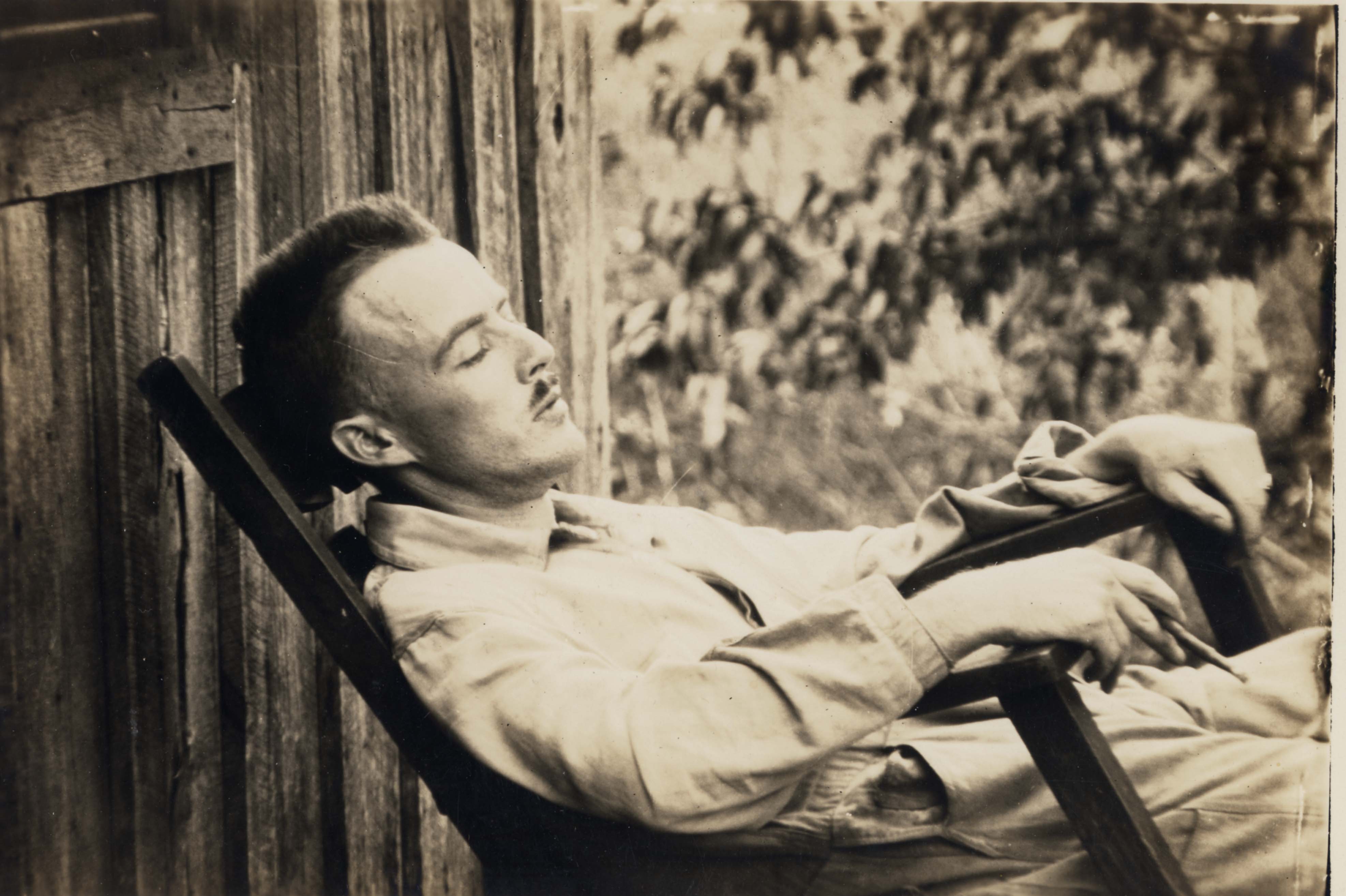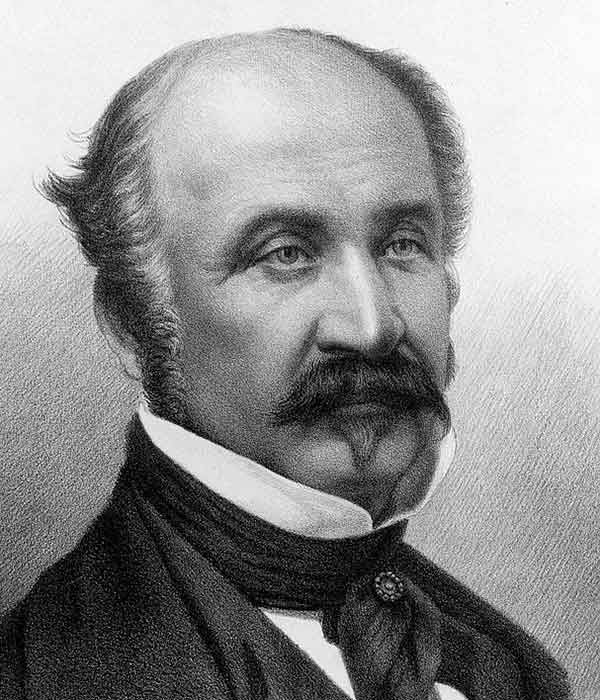Vance Randolph is Born: February 23, 1892

Vance Randolph, an influential American folklorist and writer, renowned for his extensive documentation of the folklore, customs, and language of the Ozark Mountains region, was born on this date in 1892. Born in Pittsburg, Kansas, just outside the region he would one day document in depth, Randolph developed an early interest in the local culture and folklore of the Ozarks.
Randolph attended college at the University of Kansas and later at Clark University, though he never completed a formal degree. His academic pursuits were unconventional, and he often preferred fieldwork to classroom studies. In 1919 Randolph moved to Pineville and began exploring the Ozarks, immersing himself in the local communities and recording their traditions, stories, and dialects.
His first major work, The Ozarks: An American Survival of Primitive Society, was published in 1931 and received critical acclaim for its insightful portrayal of Ozark life. Randolph’s approach was empathetic and respectful, avoiding the sensationalism and stereotyping common in earlier depictions of rural communities.
Throughout his career, Randolph published over a dozen books and numerous articles, including Ozark Superstitions (1947) and Pissing in the Snow and Other Ozark Folktales (1976). His work was characterized by a deep respect for the people he studied, and he was known for his ability to gain the trust of those who shared their stories with him.
Randolph’s contributions to the field of folklore were significant, and he played a key role in the development of folklore studies as a respected academic discipline. His extensive collections of folktales, songs, and customs have been invaluable resources for scholars and continue to be studied and appreciated for their rich portrayal of Ozark culture.
In recognition of his work, Vance Randolph received numerous awards and honors, including being named a Fellow of the American Folklore Society. His legacy lives on through his writings and the continued interest in the folklore of the Ozark Mountains.
Related Posts
February 23, 1853
Westminster College chartered in Fulton on this date in Missouri history.
February 23, 1803
Birthday of John A. Sutter. Sutter lived and farmed in the Westport-Independence area and later moved to California where he operated Sutter's Mill. His mill is where gold was discovered and had a huge effect on St. Louis, Westport, Independence, and St. Joseph.
February 23, 1945
Lieutenant Harold George Schrier, a Missourian, led a group of US Marines up Mount Suribachi and, on this date, planted a flag at her top signaling the great victory at Iwo Jima. Schrier was born at Corder, MO and want to school at Lexington, MO.



